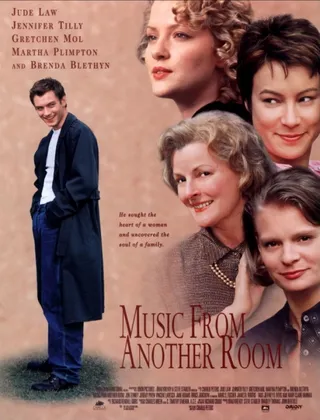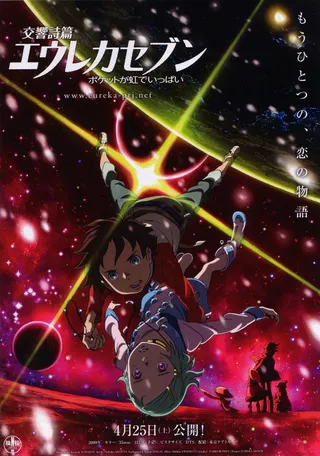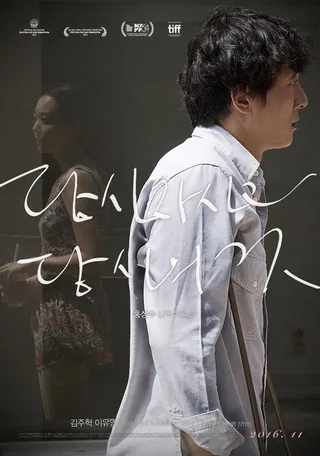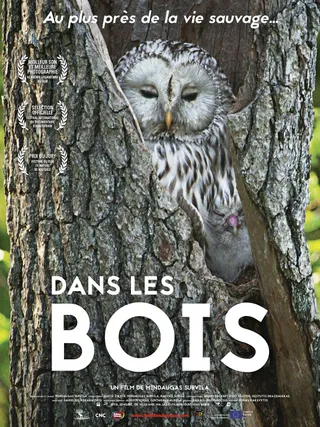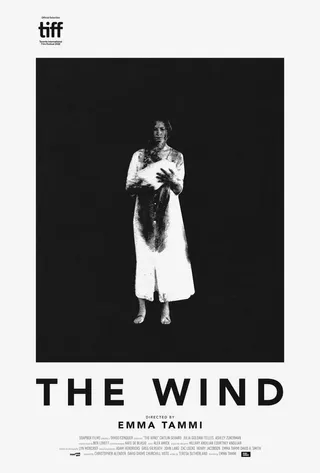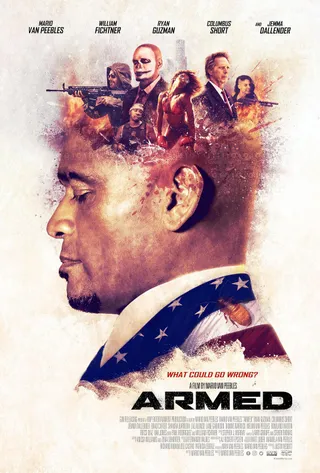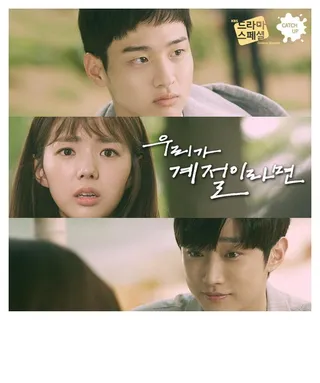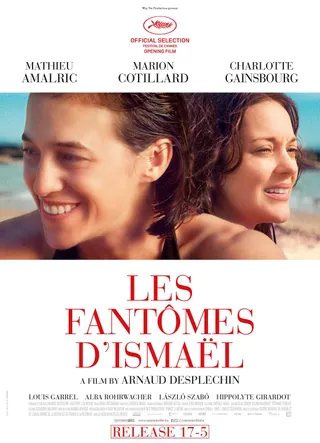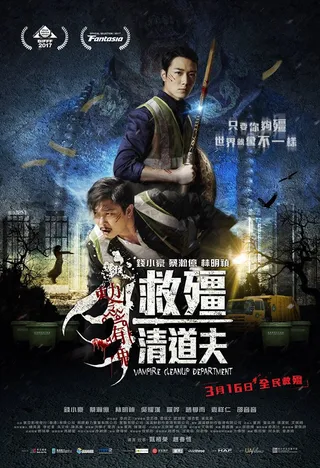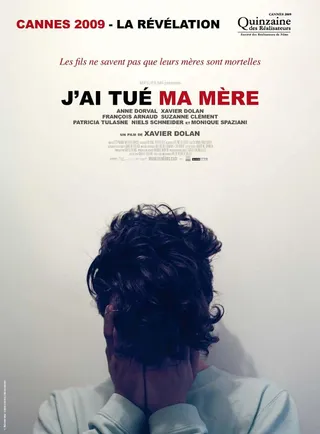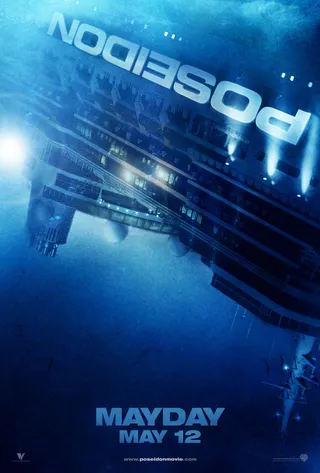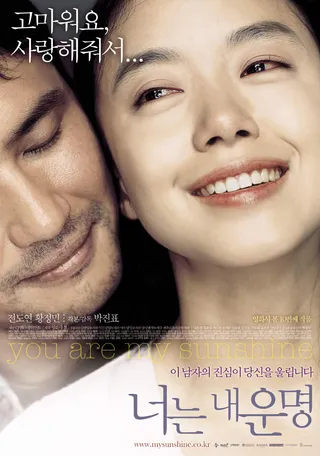to be heard
to be heard (2010)
电影
美国
英语
纪录片
Lives and language on the edge: Three teens from the Bronx tell their stories of friendship, love and struggle, and show how a radical poetry class can ignite change.
..
查看全部
Lives and language on the edge: Three teens from the Bronx tell their stories of friendship, love and struggle, and show how a radical poetry class can ignite change.
To Be Heard is the story of three teens from the South Bronx whose struggle to change their lives begins when they start to write poetry. As writing and reciting become vehicles for their expressions of love, friendship, frustration, and hope, we watch these three youngsters emerge as accomplished self-aware artists, who use their creativity to alter their circumstances.
A verité film, intimately shot over four years, To Be Heard is the story of three friends and the love that develops between them as they evolve as artists. This “tripod,” as they call it, is bound by proximity, circumstance, and poetry. To Be Heard is also the story of how language links people. Pearl is the support and soul of the three; Karina is the passion and heart; and Anthony is the energy and physicality. In a community where friendships are kept tenuous for many reasons, these three build a bond based on language, respect, and the need to survive.
What will happen to these three kids? Will they find a way to articulate their dreams? Will that articulation manifest meaningful change? Does language contain the power to transform? Perhaps this film is simply about the lives of three kids from the ghetto and their struggle to survive. Perhaps it is also about the poet in all young people, the struggling artist in all of us, seeking to emerge. Embedded in the story of these three teens is the tale of their path as writers and a look at the source of their inspiration. That seed of inspiration comes in the form of a radical poetry class, called Power Writing, taught by a trio of outsider teachers. Early on we meet Joe, Amy and Roland. Given the heightened volume of the educational debate these days, their message and approach merits close attention. Not a part of any school faculty or formal curriculum, these three come bearing a simple gift in the form of a motto—If you don’t learn to write your own life story, someone else will write it for you. There are very few secrets to their teaching methods, very few tricks. Their style of committed pedagogy is less about instruction and more about empowerment—simply stated, they are there to listen closely, if the writer wants to be heard.
导演:Amy Sultan / Roland Legiardi-Laura
编剧:
主演:Roland Legiardi-Laura / Anthony Pittman and Pearl Quick

